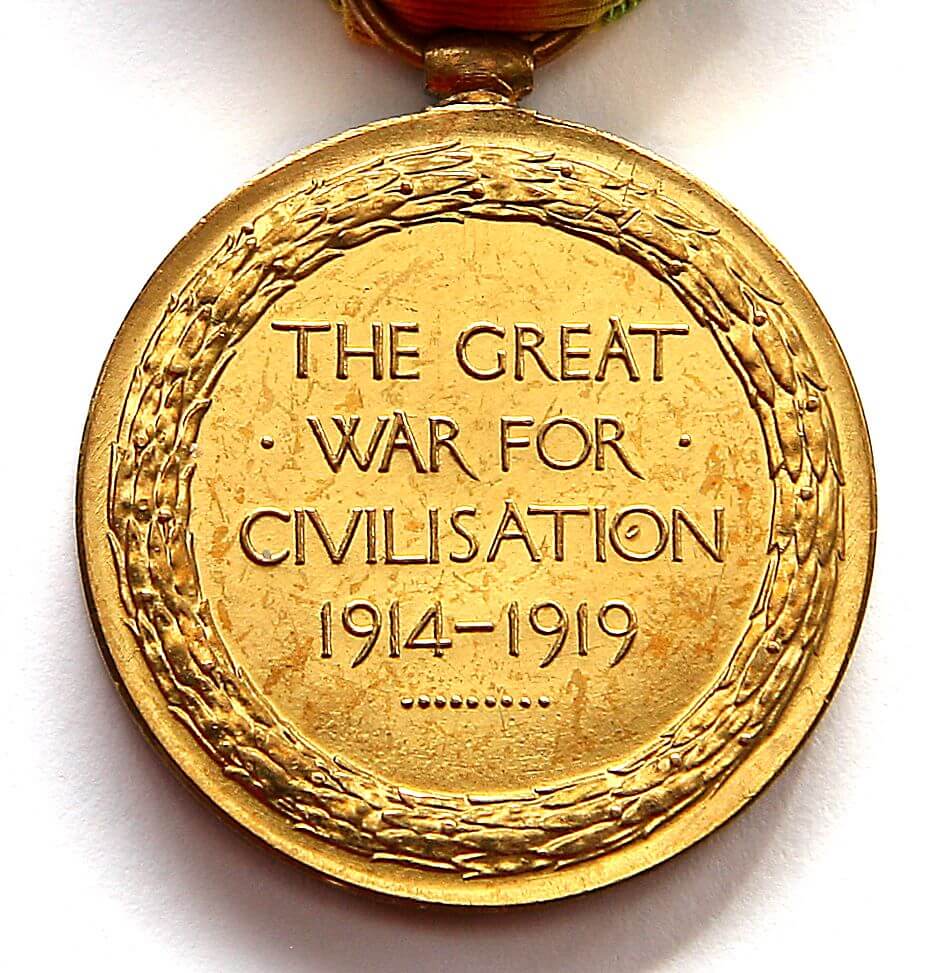How are Christians to approach ANZAC Day? We start with repentance. We remember that God’s kingdom is not of this world. And we recommit to proclaiming the gospel of peace.
Start with Repentance
War started in the Garden of Eden when Adam rebelled against God. Cain’s murder of his brother and Lamech’s assumption of absolute power (Gen 4) marked the beginning of all human wars. Things only got worse from there. Jesus’ half-brother, James, explains it this way:
Where do the wars and conflicts among you come from? They come from your pleasures which go into battle among your fellow members? You insist on having and don’t have. You commit murder. You are jealous and unable to get. You go into battle and make war. (James 4:1–2)
All the weapons and all the wars will not solve that problem. It comes from hearts that are alienated from God.
We hear a lot about Post Traumatic Stress Disorder. Since the 1990s those who work with our veterans have identified another kind of damage. They call this “moral injury.” Whether justifiable or not, the destruction of God’s image and God’s world generates a profound sense of guilt and horror in those who participate in that destruction. Consciences are hardened and damaged. Those experiences generate their own inner trauma. Victories and triumphs don’t heal this damage.
We each have to own our part in inflicting hurt in this world and bring it to the cross. It was once our custom to declare national days of prayer in the face of war and tragedy. There is some deep wisdom in this practice. For example, Queen Victoria called a Day of National Repentance on 7th October, 1857 after British soldiers set off the Indian Mutiny. In the quest for peace, self-righteousness has no place.
The Kingdom of God Is Not of This World
James warns us:
Don’t you know that friendship with the world is to be an enemy of God? Whoever therefore wants to be a friend of the world sets himself up as an enemy of God. (James 4:4)
Christians are citizens of the kingdom of God first. We don’t say “My nation first.” We don’t worship the state gods or advocate for the world’s values. We have learned that governments are not always true and right; nor are allies reliable (Ps 146:3).
Rather, we view all nations with love. The presence of the kingdom of God in any nation is a force for peace and blessing. As Jeremiah put it, “Seek the peace of the city where I have sent you into exile and pray to Yahweh on its behalf; for in its peace, you will have peace.” (Jer 29:7).
We Proclaim the Gospel of Peace
God’s forever family are found on both sides of any war. This was at the forefront of the mind of Princeton theologian J. Grescham Machen in 1917. When he returned from the war, he noted a change in the way people spoke about salvation.[1] He noted that the church had failed to deliver the gospel of Christ: it had turned to preaching the values of the state. It didn’t surprise him that veterans found such preaching hollow. The Victory Medal for World War I bears the inscription, “The Great War for Civilisation”. Veterans knew that there was nothing civilised about what that medal commemorated.
It didn’t surprise him that veterans found such preaching hollow. The Victory Medal for World War I bears the inscription, “The Great War for Civilisation”. Veterans knew that there was nothing civilised about what that medal commemorated.
Machen took up this issue in a sermon to his students as the Peace Conference at Versailles was drawing to a close. He told them:
If the church has failed, it is at least perfectly clear why she has failed. She has failed because men have been unwilling to receive, and the church has been unwilling to preach, the gospel of Christ crucified. Men have trusted for their own salvation and for the hope of the world in the merit of their own self-sacrifice rather than in the one act of sacrifice which was accomplished some nineteen hundred years ago by Jesus Christ.[2]
Our hopes for peace lie not in the sacrifice of lives lost on the battlefield, no matter how just the cause, or how brave and selfless the act. Honour is due to all who would lay down their lives for others. But there is only one saviour, and to access his salvation we must come in repentance and faith.
Peace starts at the foot of the cross. In the midst of our grief we do well to remind ourselves of the urgency of this good news.
I have three generations of medals in my possession. A veteran named Harry Wheat spent his last days with my family when I was growing up. He had no family. He served at Gallipoli and on the Somme. I have his three medals and his war diary. Dad joined the militia in 1938. He spent the war on coastal defence in Western Australia. He was ashamed because he never saw active service, as had all his mates. I have the two medals he never wore. I joined the Citizen Military Forces while I was at uni. The Vietnam War was on. It ended the year I graduated, much to my mother’s relief. I have one medal.
My children have never had to put on a uniform. I pray my grandchildren won’t either. My mother was seventeen when the Second World War started and twenty-three when it ended. She spent those years surrounded by servicemen on leave and families fearing for their loved ones. She prayed that her children would never see war. I thank God my mother’s prayers were answered. For me, ANZAC Day is a day to renew her prayer. It is also a day to renew our commitment and prayers for the advance of Christ’s gospel and kingdom in a world gone mad. With the psalmists we pray for God to restrain the madness of humanity; to bring relief to those on both sides who suffer; and to strengthen and sustain those who take their stand on our Rock and our Redeemer.
[1] Because Machen’s family were German migrants, Machen could not bring himself to fight. So he went to the Western Front with the YMCA to minister to the troops.
[2] J. Grescham Machen. 1919 “The Church in the War”, a chapel address at Princeton Seminary on May 6, 1919. Reprinted in Selected Shorter Writings: J Gresham Machen. Edited by D.G. Hart. Phillipsburg: P&R Publishing. 161-173. (162).











